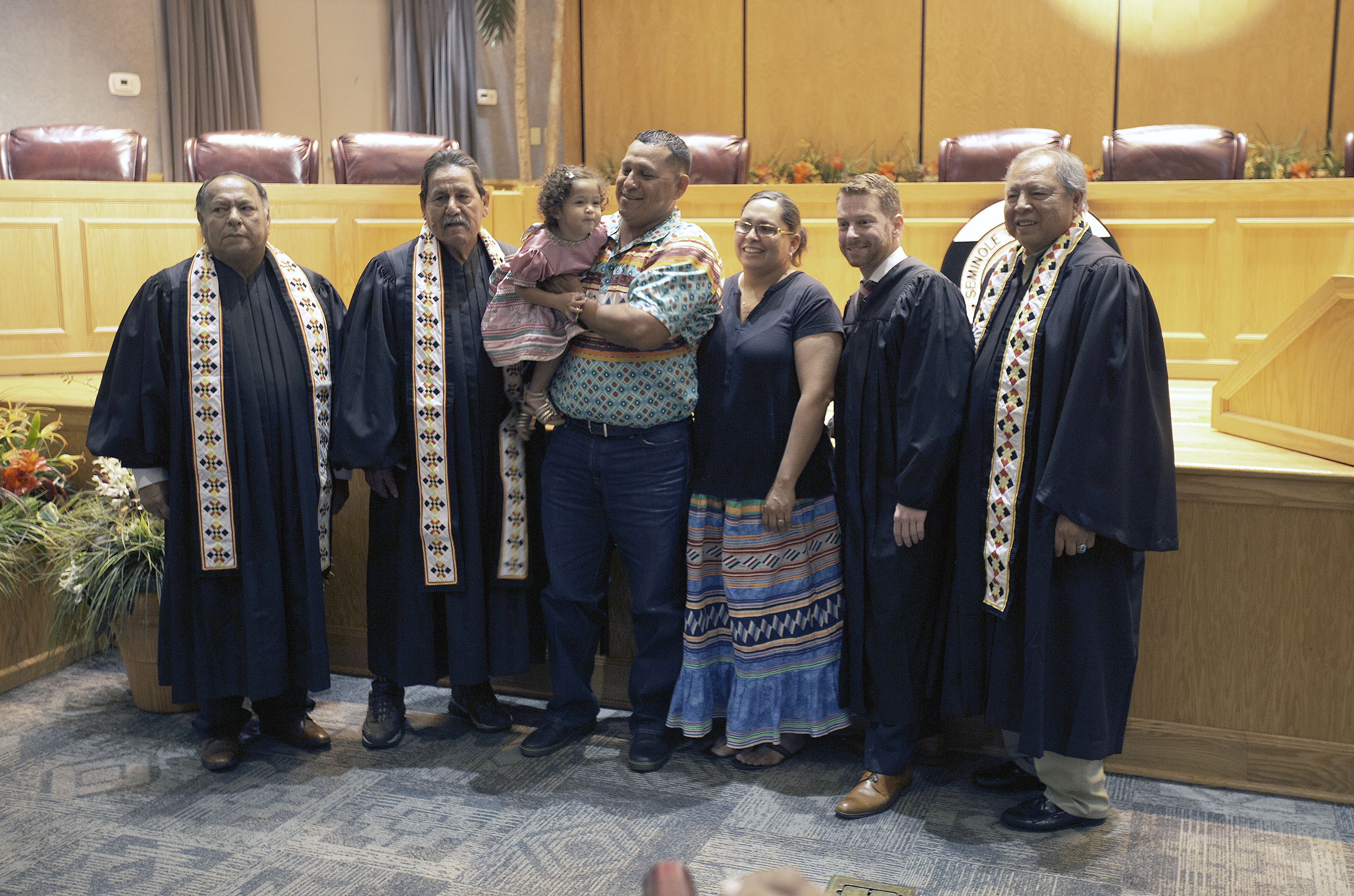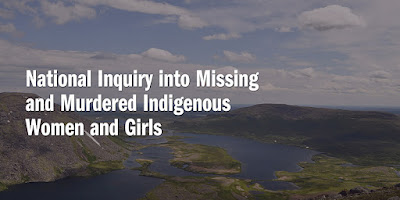BLOGGER changed, not allowing us to UPDATE this back-up blog
(UPDATED 726/2025) issues with blogger are preventing this
Thursday, May 16, 2019
Court Ruling Creates New Uncertainty for Adopted Native Children
Court Ruling Creates New Uncertainty for Adopted Native Children: “The crazy thing is that the Indian Child Welfare Act is forty years old, and it’s still one of the least well-understood pieces of federal legislation, even by judges, in the country.”
Wednesday, May 15, 2019
Sending Them Home #ICWA
 “The prayers of the children are very powerful, and I believe the prayers of the children are what brought us here,” LaMere said during his opening remarks. “Our children feed the system, and all of us let it happen. We make it easy for them, but that time has to stop.”
“The prayers of the children are very powerful, and I believe the prayers of the children are what brought us here,” LaMere said during his opening remarks. “Our children feed the system, and all of us let it happen. We make it easy for them, but that time has to stop.”Researchers in the 1960s had found that up to 35 percent of all Native children were being taken from their families and tribes and placed in white homes or institutions. ICWA, passed in 1978, aimed to curtail that practice, and to preserve Native culture and tribes by placing children with Native families when their biological parents could not care for them. A few states – including Iowa and Nebraska, where American Indian children are removed from their families at higher rates than their white peers – have adopted their own versions of ICWA.
GOOD READ: Sending Them Home
Saturday, May 11, 2019
ICWA case update
2018 ICWA Case Update PowerPoint
I get this request a lot, here so is a pdf of a PowerPoint with detailed citations and information for 2018/annual TICA update.
Thursday, May 9, 2019
Seminole hold adoption ceremony
“This is a rare moment and occasion that we’ve been working for for almost 10 years,” Chief Justice Johns said. “That we would come collaboratively with the state and the Tribe to do the adoptions and to work with families and children through the [Florida Department of Children and Families]. This is our very first. It’s a moment that we’re going to all treasure.”
Chief Justice Johns congratulated the Jumpers on their latest addition to the family.
GREAT NEWS: Adoption ceremony marks a first at Tribal Court • The Seminole Tribune
Monday, May 6, 2019
OP-ED: Preserve the Indian Child Welfare Act
Preserve the Indian Child Welfare Act
By Darlene Byrne, For the Express-News
Published
-
 Photo: Courtesy PhotoThe adoption case of “Baby Veronica” in 2013 shone a light on the Indian Child Welfare Act. Another case is now threatening the ICWA — an act that is in the best interests of children and Native American communities.
Photo: Courtesy PhotoThe adoption case of “Baby Veronica” in 2013 shone a light on the Indian Child Welfare Act. Another case is now threatening the ICWA — an act that is in the best interests of children and Native American communities.
Navigating the U.S. child welfare process can be a highly emotional venture. As a judge who works in child welfare I know this better than most. Our end goal will always be to protect children’s best interests and ensure they have the love and support of a family so they flourish as they grow to adulthood. But the process of trying to protect children can be as painful and difficult as it is rewarding.
Because child welfare cases are so complex, a number of laws and legal practices are specifically designed to ensure the best outcomes. Perhaps one of the most highly regarded among these laws has been the Indian Child Welfare Act, or ICWA, which at its core helps keep Native American children within their families, communities and heritage.
KEEP READING
Take it from someone who sees the benefits of ICWA in her own court. Or take it from the Native American tribes, the people most invested in the well-being of their own children. Or take it from the history books. ICWA supports the best interests of children and our Native American communities, and losing this law would set our country back decades.
Darlene Byrne has served as presiding judge of the 126th Judicial District Court in Travis County since January 2001. She is a commissioner on the Texas Children’s Commission, a past president of the National Council for Juvenile and Family Court Judges, and a past Judge of the Year of National CASA, Texas CASA and CASA of Travis County.
Sunday, May 5, 2019
National Day Of Awareness | INVISIBLE NO MORE #MMIWG - Vital Billboard Campaign VIDEO
National Day Of Awareness For Missing And Murdered Indigenous Women (& Girls) #MMIWG
Guest Commentary Published May 5, 2019
“I stand before you today, a full-blooded Native American woman, a Northern Arapaho/Hunkpapa Lakota. The statistics that hang over my head are these: I am among the most stalked, raped, murdered, sexually assaulted, and abused of any women in any ethnic group, and I am among those who suffer domestic violence 50 times higher than the national average.”
I use that statement to open my presentations on the Murdered and Missing Indigenous Women (MMIW) crisis. I travel around Indian Country, as I have for years, to raise awareness and inform our people of the scale of the tragedy and, crucially, how to make a safer environment for their communities and families. I have done this work for over a decade, and when I committed to it the term “MMIW” had not been coined.
I am somebody who works with data, but Chairman Gerald Grey of the Rocky Mountain Tribal Leaders Council (RMTLC) recently made a statement that should resonate with us all, that speaks to more than numbers: “I choose not to quote statistics because our women and girls are human beings not statistics. This is mom. Auntie. Sister. Niece. Daughter. Cousin. And sometimes, grandma. We know the names of some of the victims, but study after study shows that MMIWG cases are underreported, so there are many, many names we do not and may never know.” This is personal. When we learn of another victim near or far, in our reservations communities we can relate on a deep, emotional level. We may not know the victim or their family, but we know the socio-economic conditions; we know the struggle.
READ MORE
Visit: www.mmiw-gic.com
Lynette Grey Bull is Senior Vice President of Global Indigenous Council and the founder of Not Our Native Daughters. In 2017, Lynette provided statistics and research on missing and exploited Native women and children for the UN World Conference on Indigenous Peoples. She previously served as Chair of the Arizona Commission of Indian Affairs at the Governor’s office, and on the Arizona Governor’s Human Trafficking Task Force.
Subscribe to:
Comments (Atom)

click
Contact Trace
NO MORE UPDATES
GO TO: https://blog.americanindianadoptees.com/ for updates and news. THIS BLOG cannot be updated...
-
Published on Sep 28, 2013 This 40-minute documentary explains the reason for and the process of creating and implementing ...
-
Editor NOTE: This is one of our most popular posts so we are reblogging it. If you do know where Michael Schwartz is, please leave a com...
-
By Melanie Payne ( mpayne@news-press.com ) August 15, 2010 Alexis Stevens liked to describe herself as a model citizen. She was adopted fr...
-
By Mary Charles I somehow don't believe the intention was for us (adoptees) to find our homes using DNA. But when I came across t...
-
By Trace L Hentz, blog editor I have often wondered about how we adoptees were affected by our adoptions, as far as our mental health. (I ...
-
By: Shannon Logan Feb 07, 2014 Leland Morrill was estranged from h...
-
South Carolina court drops contempt charge against Dusten Brown Dusten Brown and the Cherokee Nation rea...
-
By Trace L Hentz (formerly DeMeyer) Watching clips of today’s episode (10-18-12) of Dr. Phil, watching those teary adoptive parents s...
-
Capobiancos Sue Dusten Brown for Nearly Half a Million in Fees Suzette Brewer September 25, 2013 As Matt and Melanie...
-
Anger turned inside: The Fight For Native Families By Trace Hentz (formerly DeMeyer) I am 57 years on the long road as an adoptee w...








